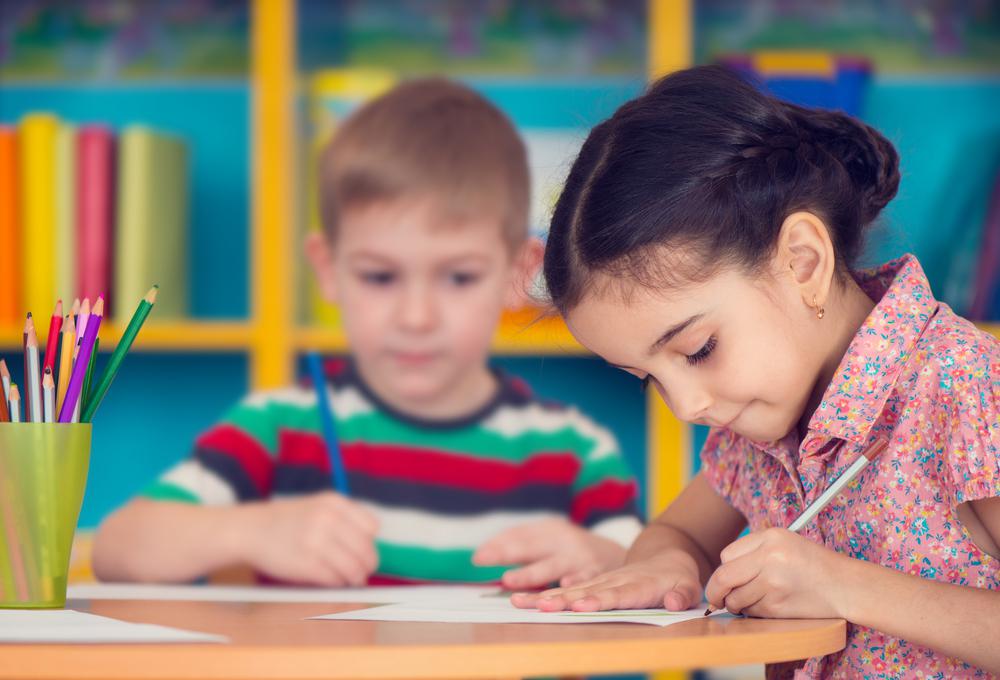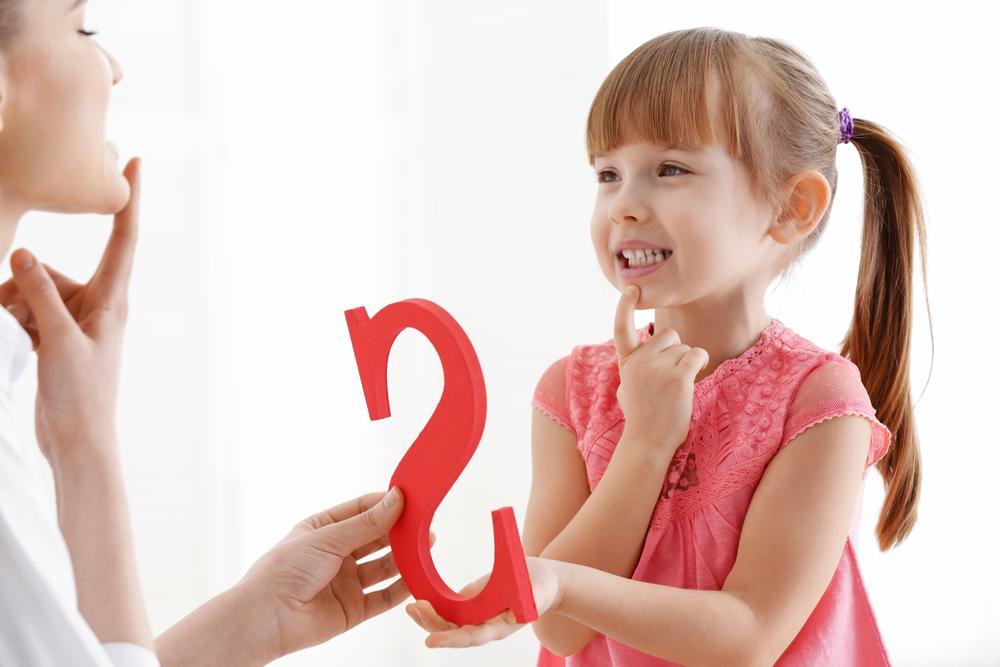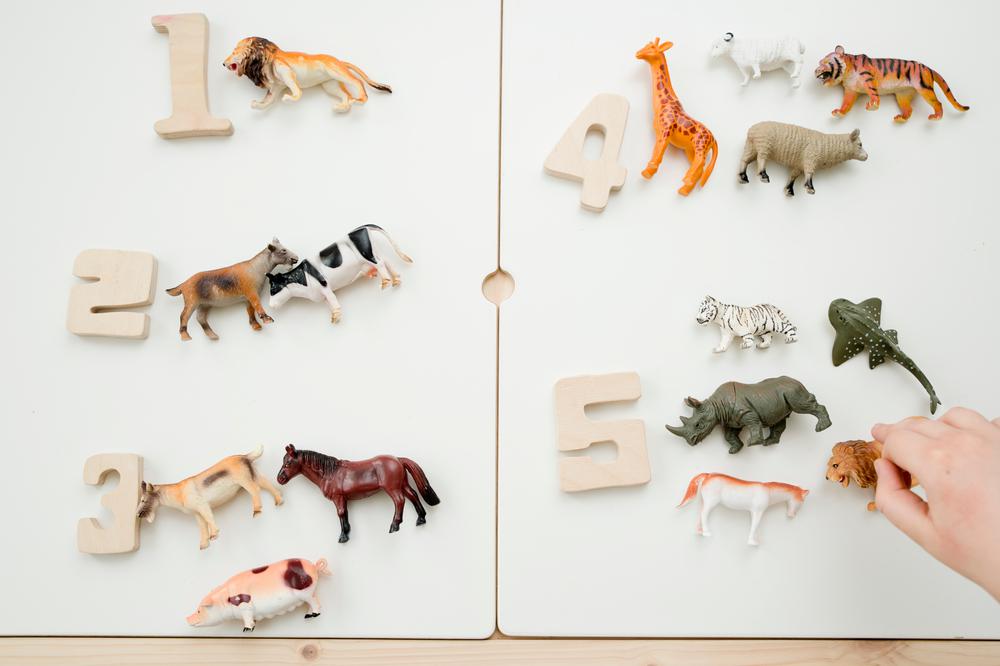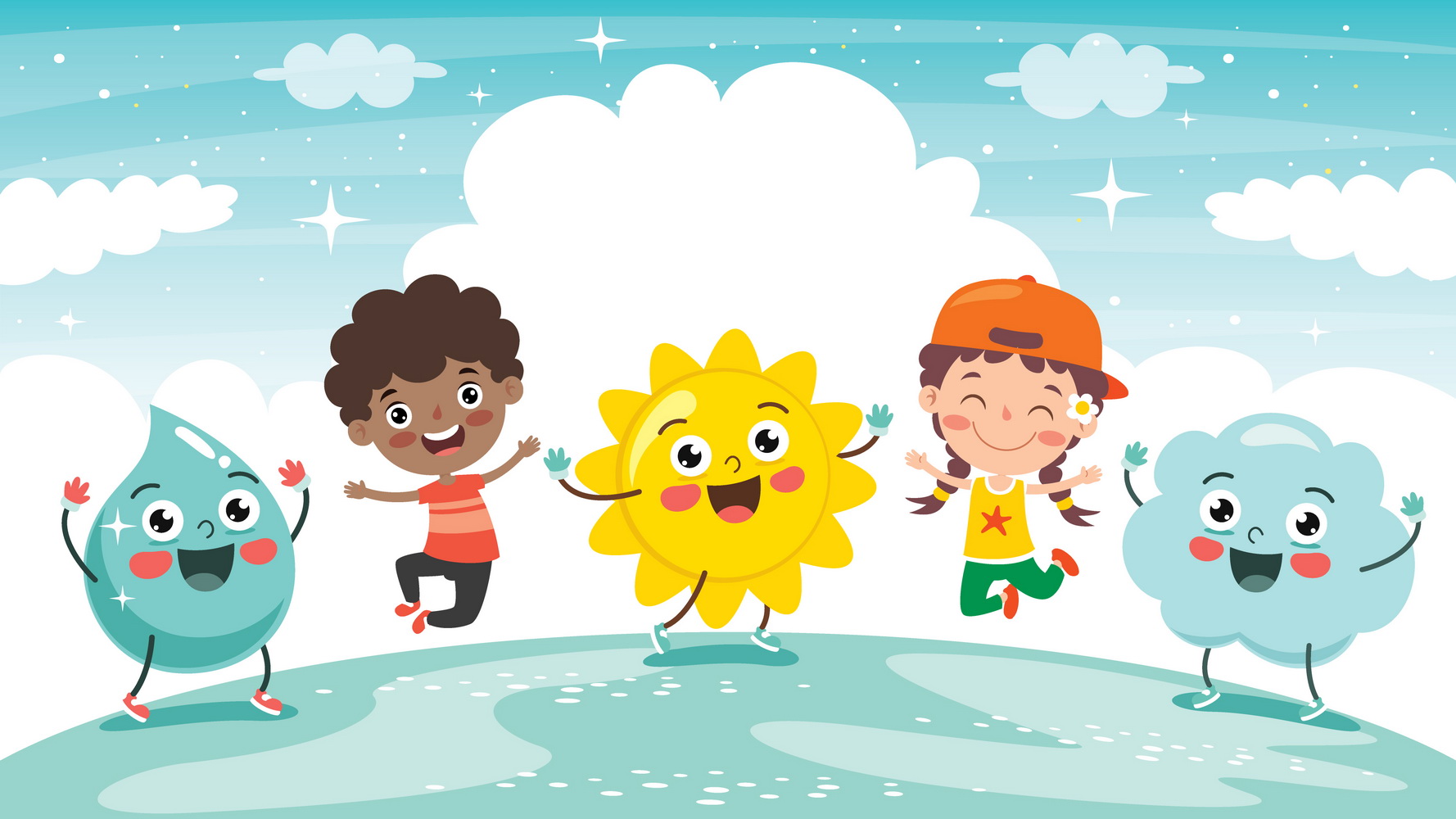The Top 3 Skills Little Learners Should Know When Entering School
Aug. 30, 2021
If your child is in Pre-K, kindergarten, or even 1st grade this fall, chances are good that your little learner may not have been enrolled in a face-to-face school last year. What makes this school year so different from what children normally experience each year, is that today’s little learners are coming off a year that was chaotic at best, and non-existent at worst, with many schools across the nation turning to virtual or hybrid learning. Fast forward to the present, and most campuses are heading back to the building to welcome kids in person.
Considering the drastic turn towards virtual learning last year, it may be natural to wonder whether your child has the skills necessary to be successful in a face-to-face school environment. After all, students are expected to produce work in a more hands-on way, which has been lacking since the pivot to virtual learning. What’s more is that children will be getting the full school experience by finally getting to participate in art, music, and physical education classes, alongside any extracurricular activities their school offers. To support your kid's knowledge base, refresh their skills with kindergarten and preschool worksheets.
So, what are the most important skills little learners need to be successful as they enter Pre-K, kindergarten, or 1st grade? In a previous article, we talked about the basic life skills that children need to be independent in school so that their day runs smoothly and more stress free. This time let’s review some of the most critical academic skills that your kids must know as they enter the early education classroom!
Reading, Writing, and Math: The Big 3
Most parents already know that reading, writing, and math are the three most crucial skills that students build early in their lives which form a foundation for all other learning to come. But regarding these subjects, what do our littlest learners need to know before entering school?
1. Writing Skills
For incoming preschoolers, it’s critical that these children have experience honing their pencil grip and are familiar with the basic strokes to take to form letters. While the youngest learners are not expected to already know how to write words and sentences, it is helpful if they at least know how to form letters properly. Work on this before school starts by enlisting the help of apps like the Talented and Gifted app from Kids Academy, which offers games that allow children to practice writing letters with their fingers. Parents can also make learning fun by allowing kids to draw letters on the table using shaving cream or sand, and using fingers to make the strokes.

When it comes to kindergarteners, teachers expect that children have some form of prior knowledge of letters and forming easy high-frequency words. One great goal to strive for is to ensure that students know how to write their names as they enter kindergarten. Be sure to practice before school starts, using the same fun advice offered above!
1st graders have hopefully already mastered early writing skills such as letter formation and writing simple high-frequency words and sentences. However, for those kids who were engaged in virtual learning, this may not have happened as much as usual, or at least under the close guidance of a teacher in the classroom. For 1st graders returning to the classroom, work on writing words with proper capitalization, spacing between words, and writing simple sentences.
2. Letter Sounds
Of course, teaching reading and writing go hand in hand, and if kids are unable to recognize letters, they may also struggle with writing them. That’s why it’s so important to ensure that kids are also increasing their early literacy skills. With that in mind, children should enter pre-k with some knowledge of letter sounds. For the youngest learners, keep it simple by reviewing beginning letter sounds with children. Simply show an object from around the house to your child and make it a game by asking them to identify it and the letter sound they make when they say the word aloud.

For kindergarteners, explore letter sounds at beginning, middle, and end of words to increase and check their phonics skills. 1st graders can continue this by mastering different letter-sound combinations and blends. In addition, both rising kindergarteners and 1st graders should also work on recognizing rhyming sounds.
3. Number Recognition and Counting
Last but not least, basic beginning number sense is a must for any child entering the classroom. For entering preschoolers, students should recognize and count at least 1-10 to start, but 1-20 is even better! This means that children should be able to identify the numbers in print and count them aloud to you. Kids learning games contain everything your kid needs to perfect their number and counting skills.
Kindergarteners should master counting and recognizing numbers 1-20, and they should be able to recognize numbers in groups when looking at objects. Online tracing numbers games will add some extra fun to their process of number recognition. Additionally, children should be able to recognize and name the basic shapes, like triangles, rectangles, and squares.

1st graders should enter the classroom with basic knowledge of early addition and subtraction. Kids at this level should also understand concepts such as “greater than” and “less than” and be able to compare numbers and work with numbers in groups. Mental math is also necessary for children at this stage of learning, so teaching them to mentally add numbers up to 10 is a good rule of thumb for entering grade 1.
While there are many skills that children need to know when entering any grade level, reading, writing, and math forms the foundation on which every other skill will be built. That’s why it is imperative that students entering these early grades have the basic knowledge necessary to be successful in all their subjects moving forward. This is more important than ever before since many students are entering school for the first time, many without ever having stepped foot in a school or daycare!
With that in mind, if you need extra resources to prepare your children, head over to Kids Academy to find a huge selection of learning resources, such as apps, worksheets, and so much more to meet all your early learner’s needs!











